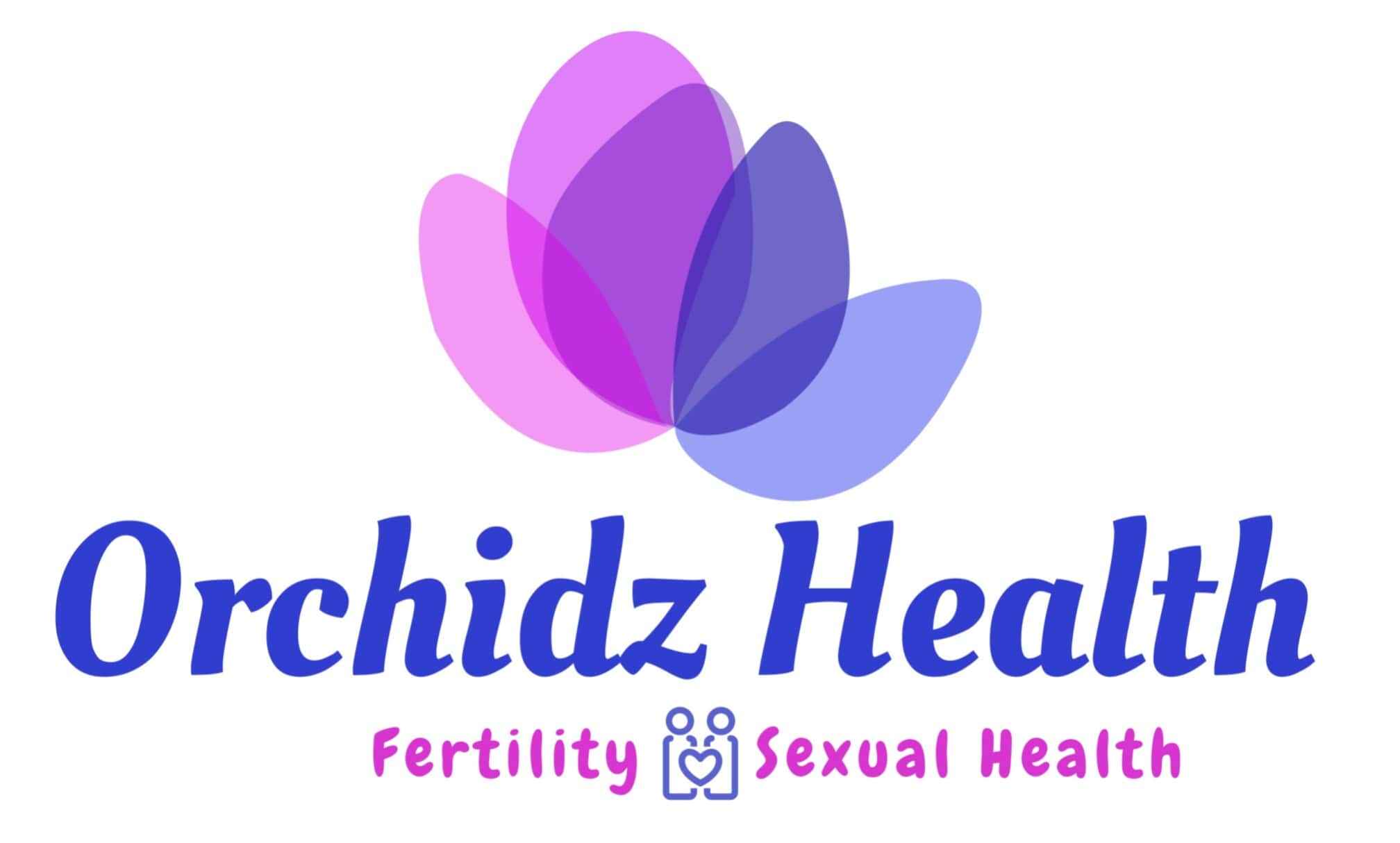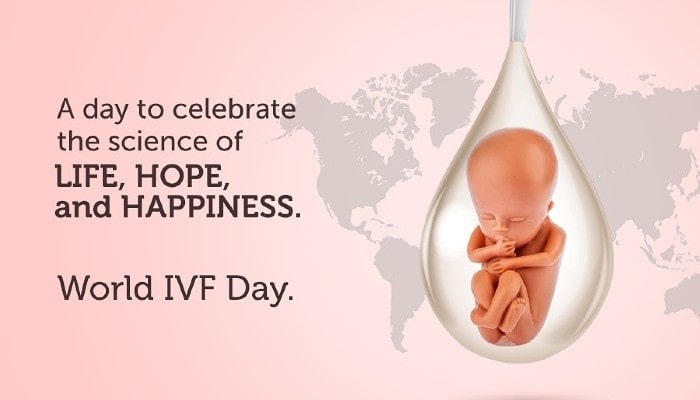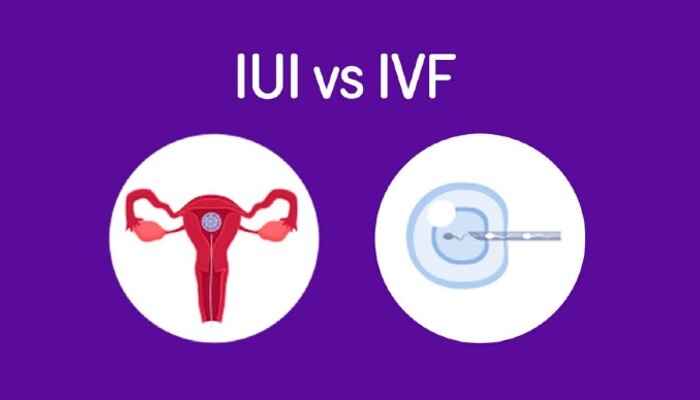Ovulation and its importance

Each menstrual cycle during the reproductive age group begins on the first day of the menstrual flow. This is characterized by shedding of the endometrium which lasts for 2-5 days. A cohort of follicles in the ovary enters into the growth phase. By day 10 of the cycle, under the influence of pituitary hormones, one egg grows and becomes dominant. The remaining eggs die without ovulating. Ovulation is defined as the release of an egg from the ovary into the fallopian tubes. Ovulation occurs in mid-cycle.
The released egg is active in the fallopian tubes for 24 hours following which it gets inactivated, if not fertilized by a sperm. If fertilized by a sperm to form a healthy embryo, it grows further into a blastocyst and gets implanted in the uterus by day 20 of the cycle.
Hence Ovulation is an important step towards achieving a healthy pregnancy.
If cycles are irregular and the woman is not ovulating, ovulation inducing medications are advised.
The process of ovulation can be tracked by a series of follicular growth scans and having intercourse around the time of ovulation results in pregnancy.
During IVF, your fertility specialist makes use of the dying eggs in the ovary. These are used to create more embryos in order to increase the chances of conception.
Hence ovulation is one of the most important step which helps in conceiving.

































